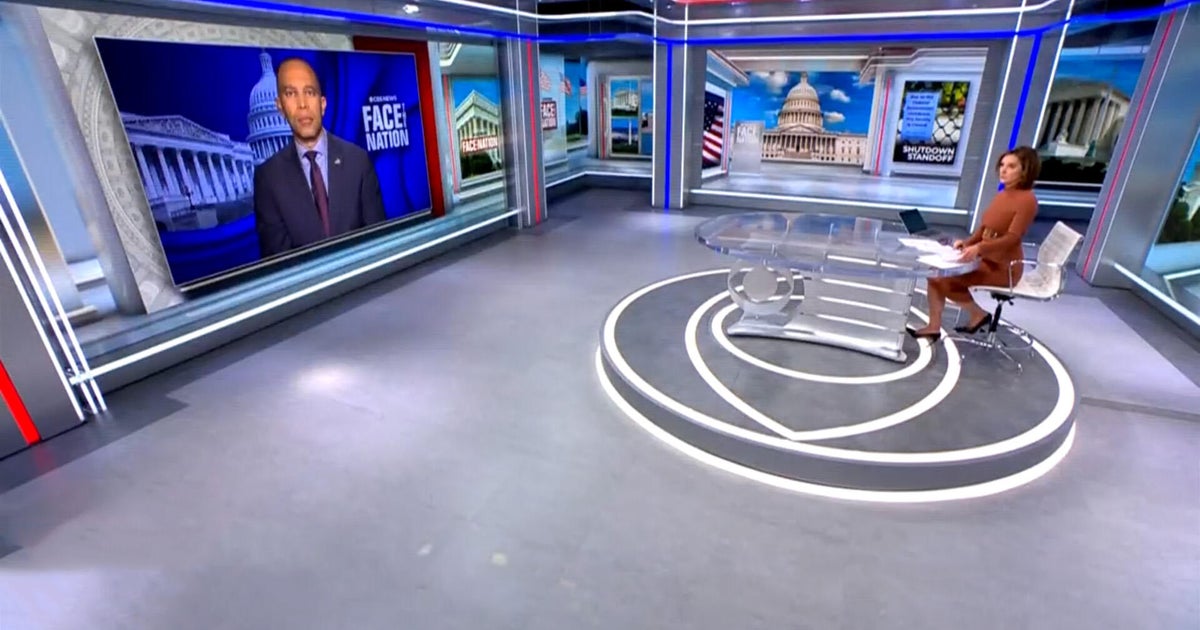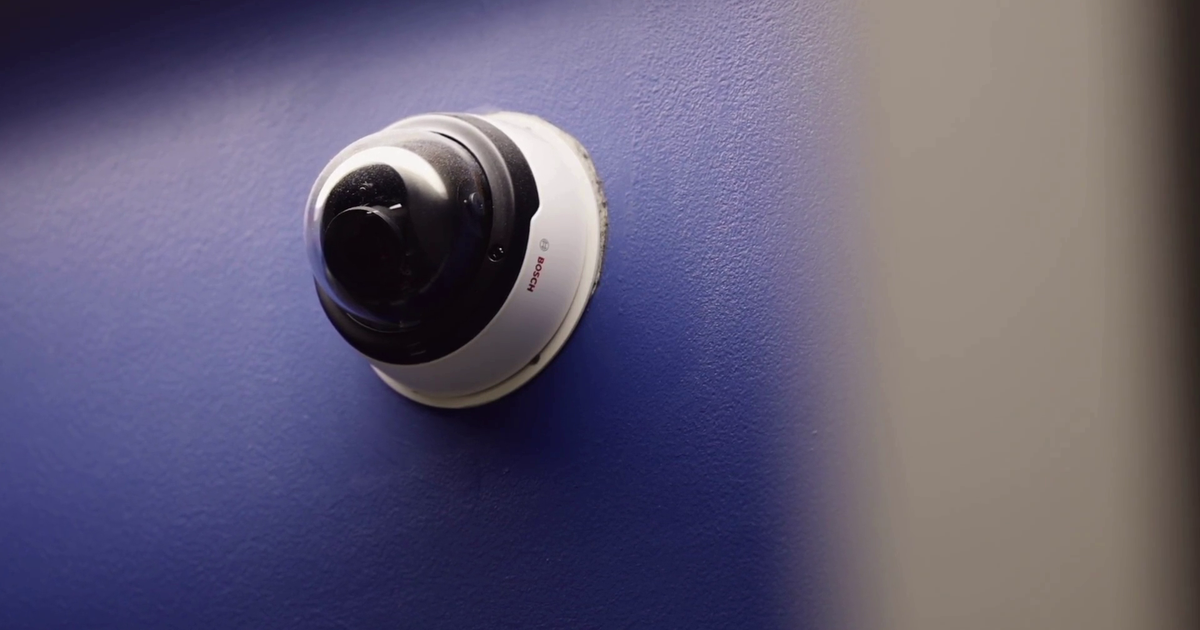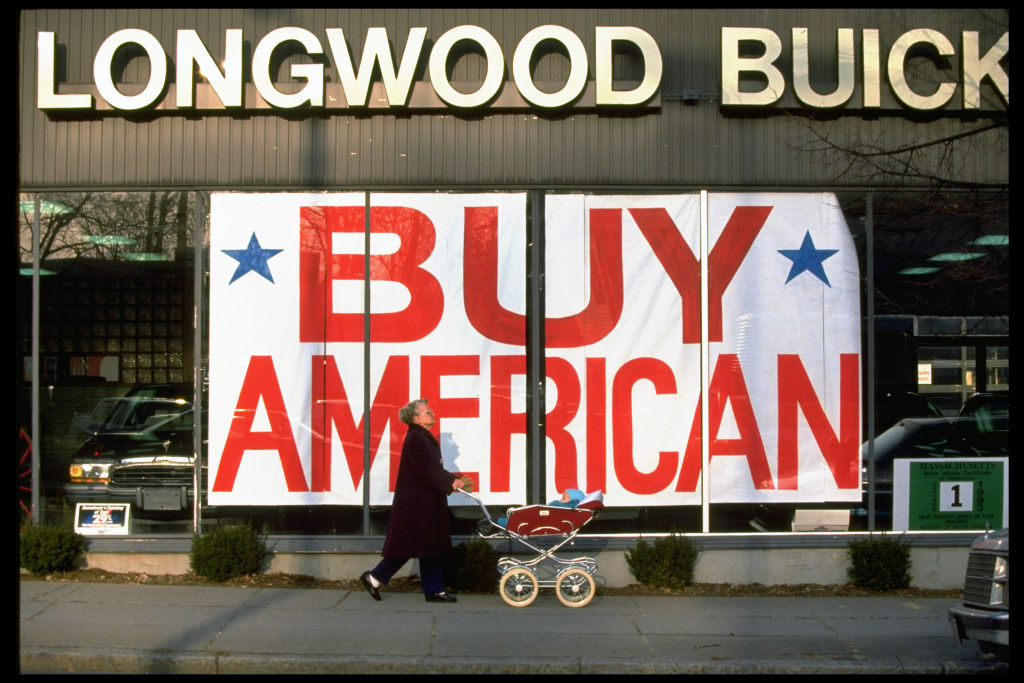Trump's Chinese tariff announcement leads to huge stock market plunge
WASHINGTON -- President Trump took the first step toward slapping as much as $60 billion in tariffs on products imported from China in a memorandum he signed Thursday. That raised fears of a trade war on Wall Street as the Dow Jones plunged more than 700 points -- nearly 3 percent.
Mr. Trump talked about China and a trade deficit of more than $375 billion, driven by low-cost labor and trade policies that he says unfairly favor Beijing.
"It is the largest deficit of any country in the history of our world. It's out of control," the president said.
Mr. Trump set in motion billions in tariffs on certain Chinese imports.
"It could be about $60 billion, but that's really just a fraction of what we're talking about," he said.
Commerce Secretary Wilbur Ross weighed in on the developments.
"We will end up negotiating over these things rather than fighting over them," Ross said.
The Chinese embassy accused the president of "ignoring rational voices," adding "China is not afraid of and will not recoil from a trade war."
Fears of exactly that led to the dramatic sell off on Wall Street. CBS business analyst Jill Schlesinger said the tariff was the big trigger.
"A tit-for-tat trade war would be bad for both sides," Schlesinger said.
Thursday's tariff announcement fulfills a long-standing Trump campaign promise.
The president has been mentioning China and trade for awhile: "When was the last time you said, 'Oh gee, we beat China?' ... We can beat China. We can win! ... They're killing us ... We can't continue to allow China to rape our country and that's what they're doing."
One of the president's concerns? Chinese firms stealing U.S. technology patents and making similar products for less.
China also holds the largest portion of America's $21 trillion national debt. That leverage and fears of retaliation created anxiety among Republicans in Congress.
"I would advise our people in the executive branch from the president on down to be very cautious in how you approach it," said Sen. Charles Grassley, R-Iowa.
The Trump administration has 15 days to identify which Chinese imports will face new tariffs. It will be at least 30 days after that before any tariffs take effect. That gives the U.S. and China time to find another way.






